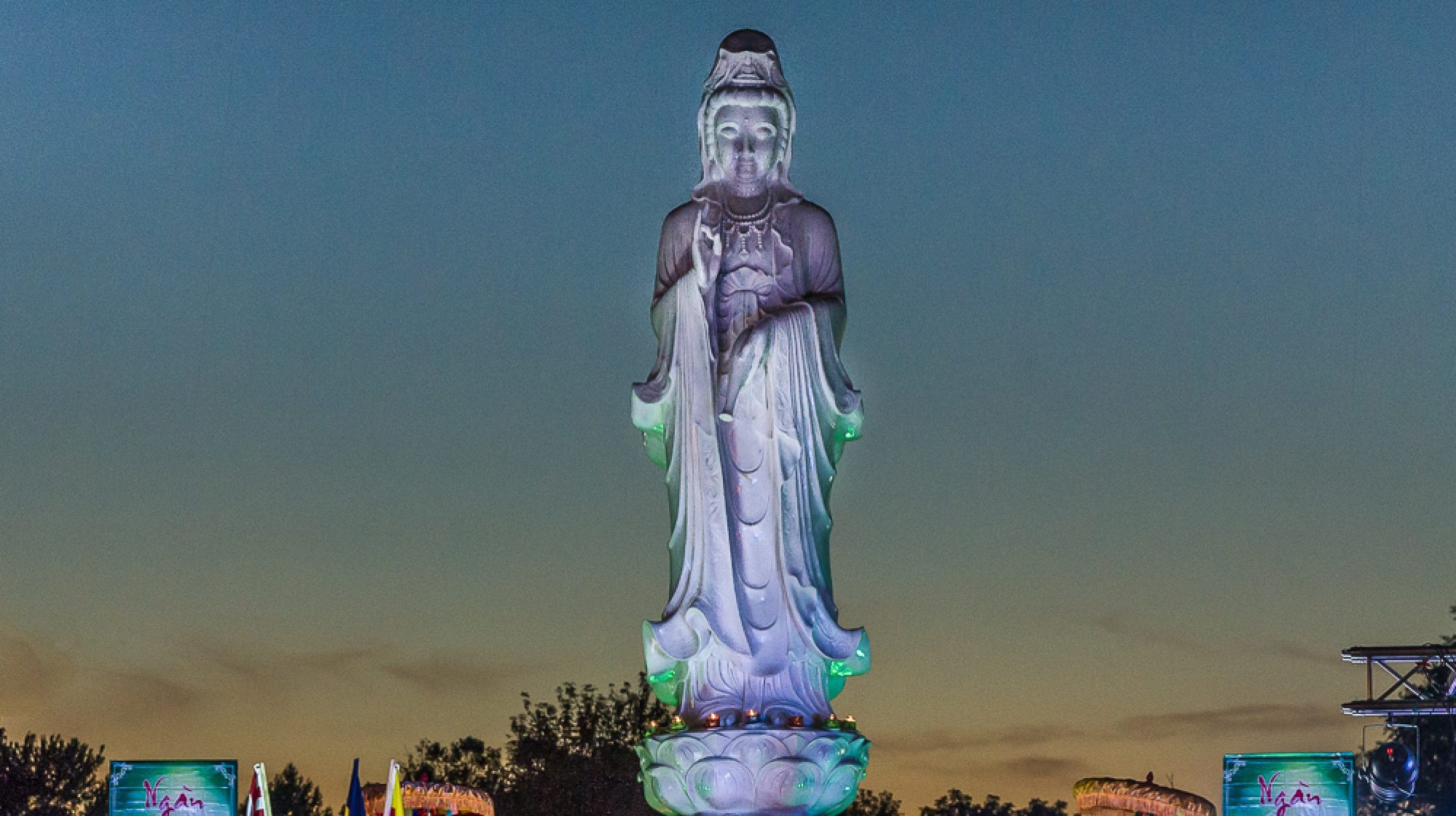On November 21st at 6:00pm in Drake’s Sussman Theater (Olmsted Center), Comparison Project Interfaith Fellows, Alex Phillips and Catalina Samaniego, present ethnographically rich stories about the obstacles and opportunities of worship for local disabled religious practitioners.

Catalina Samaniego has been a Fellow with The Comparison Project since 2022, focusing on financial expansion and planning. She is a senior at Drake University studying Economics and International Relations with minors in German and Cybersecurity. She was the 2023 winner of the Ron and Jane Olson Outstanding Global Service Learning Award and Plymouth Career Scholarship, on the Dean Honor Roll for Social Impact, and has been honored on the floor of the Iowa State Senate for leadership in community outreach and building. Catalina can be found around town conducting research similar to those of the City of Des Moines R.I.A.S taskforce and the Iowa United Nations Association. After law school, she is pursuing a career in financial regulation.
Alex Phillips is a senior at Drake University, graduating with a Bachelors of Science in Psychology. Alex has been a Fellow with The Comparison Project since 2022. Being active in Pagan communities across the Midwest, Alex joined TCP in devotion to educating the local community in the diverse philosophies, religions, and cultures in the area. Alex has been a national competitor in the 100 Black Men’s Dollars and $ense Competition. He is involved in the National Association for the Advancement of Colored People (NAACP)‘s initiatives surrounding awareness of systemic racism. Outside of class Alex can be found in the weight room, or studying Hermetic philosophy. After graduation, Alex will be pursuing a career in Industrial-Organizational Psychology and Fraud Investigation.
The purpose of this study is to analyze the relationship that religion plays in the lives of physically disabled and neurodivergent. The relationship between religious identification, disability, and neurodivergence is a less often studied phenomenon. This study aims to examine this relationship in the context of quality of life, accessibility, and connectedness. This includes connectedness to one’s community, and to their corresponding minimally counterintuitive figures, if applicable. For many individuals with disabilities, religious communities serve as vital sources of social support and connectedness. These spaces offer opportunities for inclusion, where collective worship and dialogue can provide a sense of belonging. However, the relationship between religion and disability is not without its challenges. In some religious contexts, disability has historically been associated with negative connotations, such as divine punishment or moral failing. Understanding and addressing these dynamics is crucial for improving the overall quality of life for people with disabilities within religious settings.

